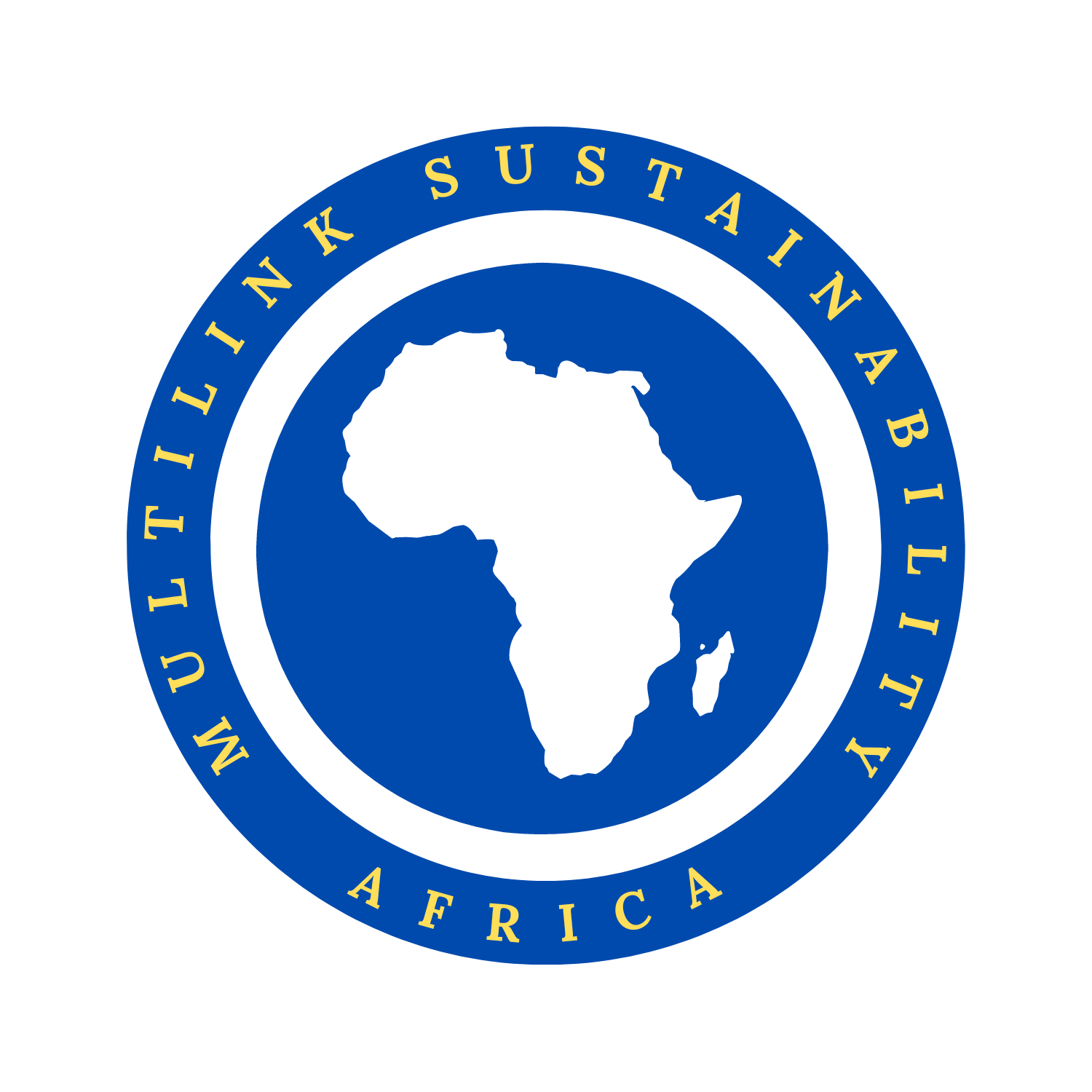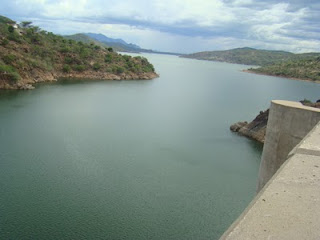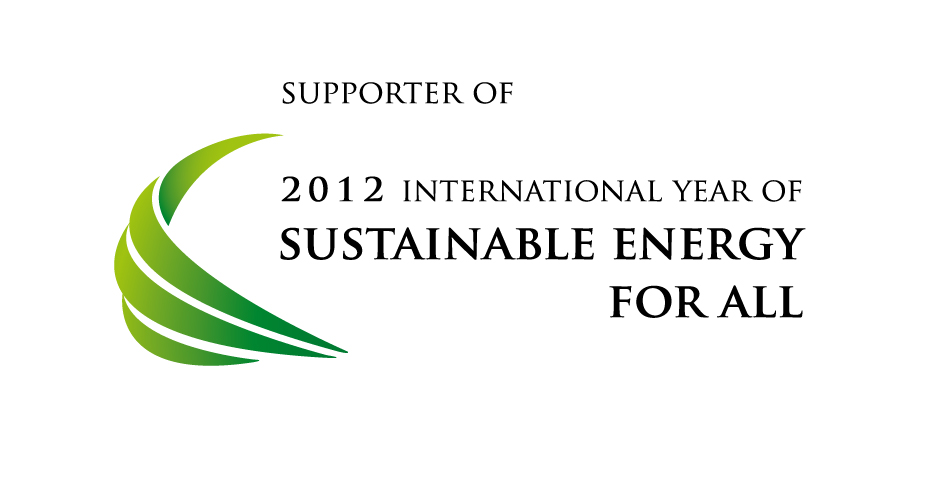Kenya has dismissed calls for the cancellation of a multi-million dollar power purchase agreement with Ethiopia inprotest of a massive hydropower project that water scientists say will alter the lives of residents of Turkana region in Kenya.
Prime Minister Raila Odinga said despite ongoing efforts to expand electricity generation through investments in green energy initiatives, the demand for electric power in the East African nation would continue to grow, which justifies the need to import power from neighboring Ethiopia to meet the shortfalls.”We will lower the cost of energy through the importation of power from Ethiopia,” Odinga said late on Wednesday.
Environmentalists say the 1.7 billion U.S. dollar hydropower project would alter the lives of half a million residents of Lake Turkana and other regions neighboring Sothern Ethiopia. There are fears that the Omo River, which supplies water to the Gibe III Dam under construction, would affect water levels on Lake Victoria if its course is altered as proposed in the design of the power plant.
Kenyan parliamentarian, Ekwe Ethuro, who represents Turkana, said his constituents were deeply concerned that the environmental impact of the project could far outweigh the benefits. “Any project that alters the flow and course of the Omo River will have effects,” Ethuro said.Odinga said Nairobi was aware of the environmental impacts the Dam project would have on the residents of Turkana, but insisted the analysis by Kenyan scientists working on the project showed it would be temporary. “Omo River is the biggest river flowing into Turkana.
Read More on this: https://allafrica.com/stories/201208180344.html








